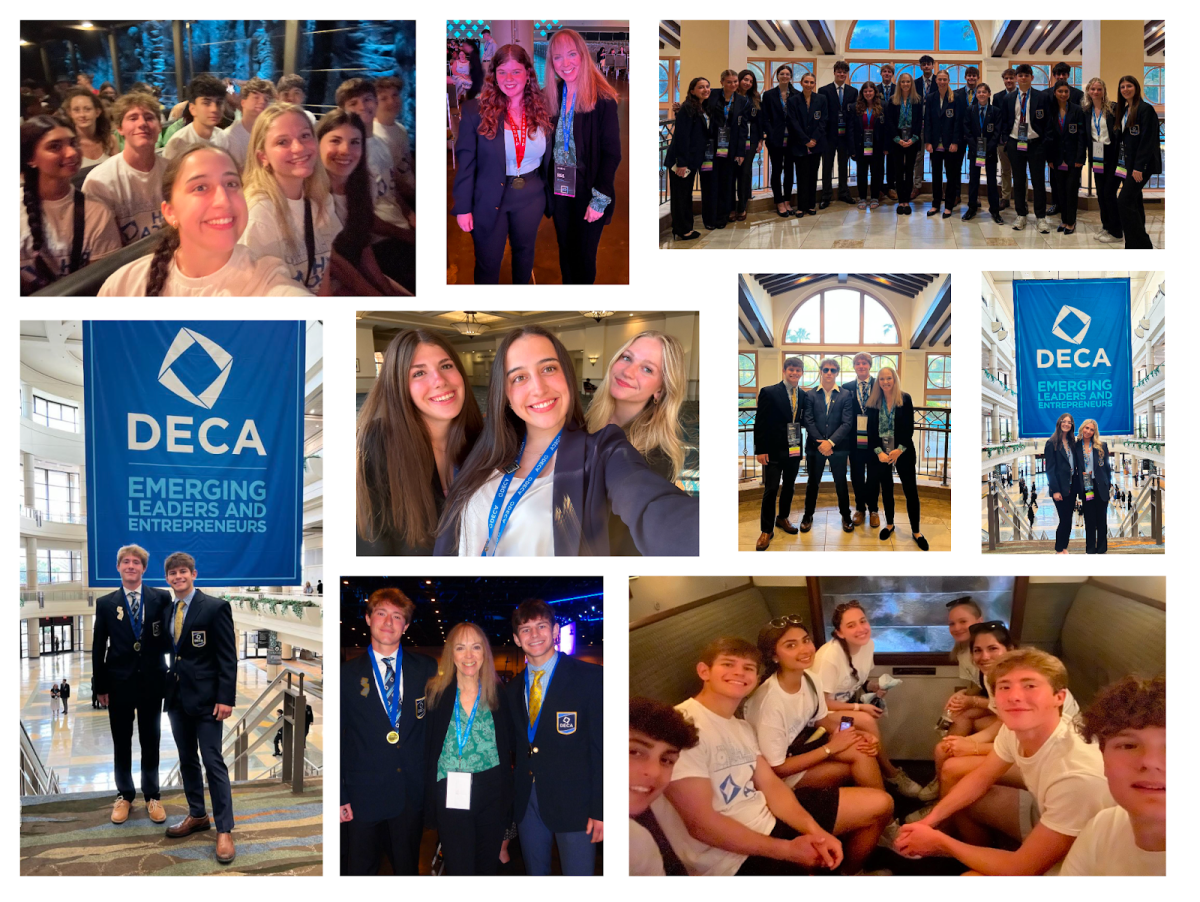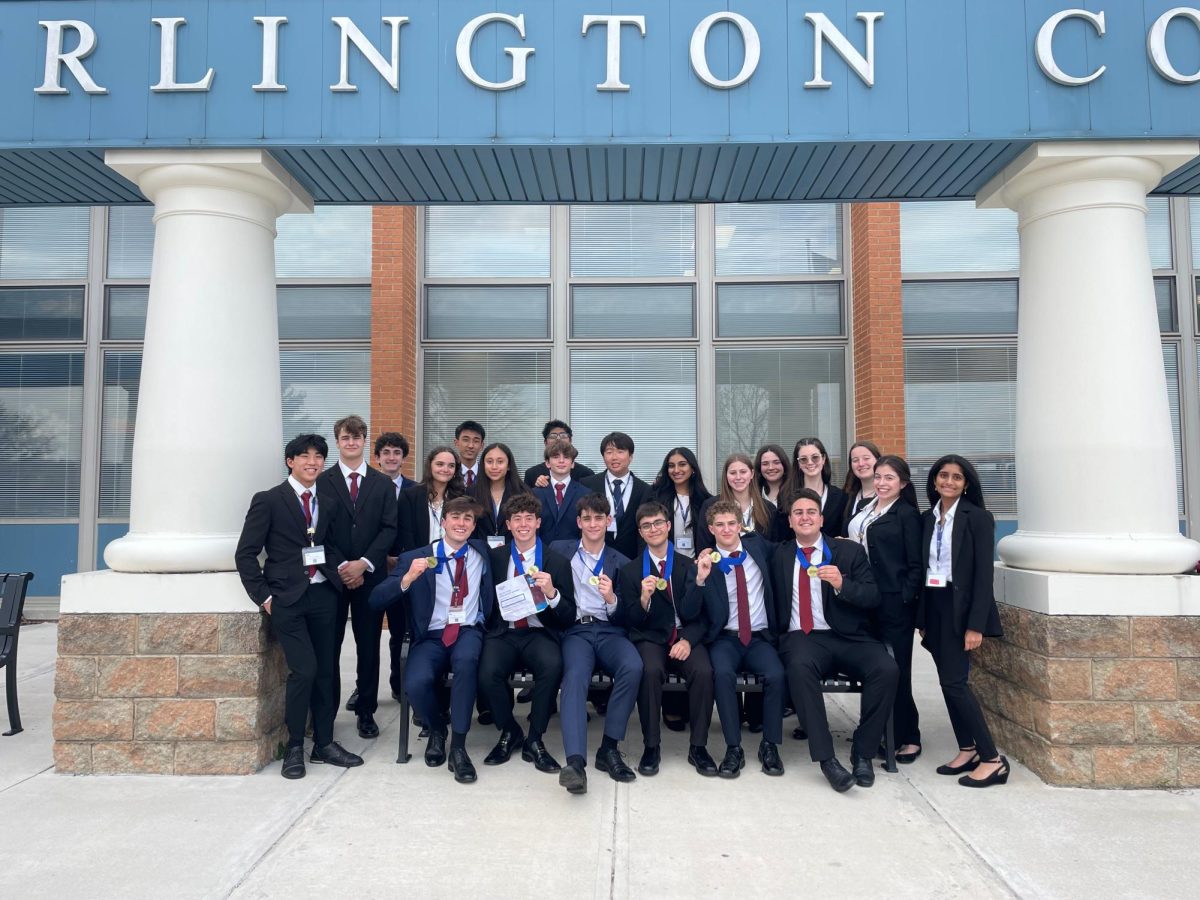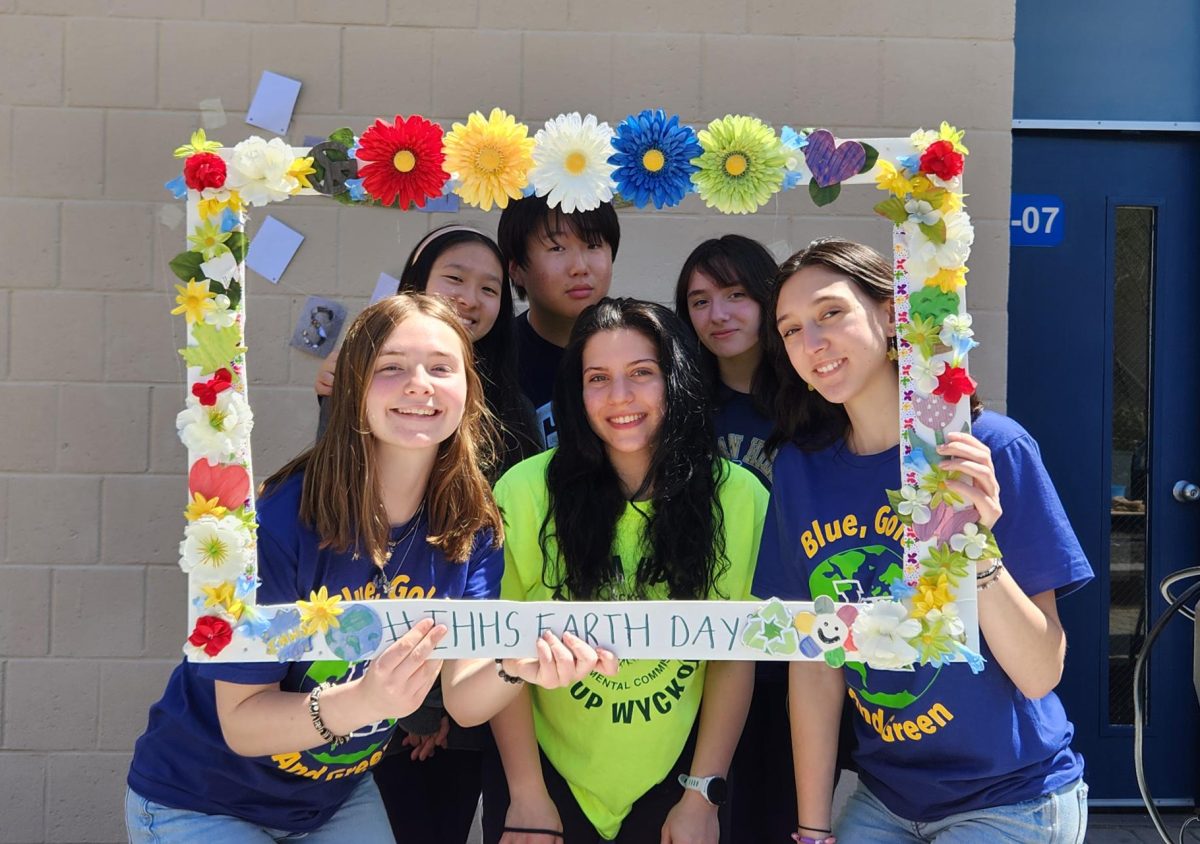‘25
Parallel to Mr. Paravati’s AP US Government class earlier this year, the AP US History I (APUSH) class took a field trip on February 3rd. Previously, the AP US Government class visited the Constitution Center in Philadelphia, Pennsylvania in January to gather context for the upcoming AP test. However, rather than traveling to Philadelphia, the AP US History I class visited Princeton’s renowned Jefferson Papers Project.
The Jefferson Papers Project is an organized project at Princeton University with the goal of publishing letters that “Jefferson wrote but also those he received” according to the Jefferson Papers Project. The Jefferson papers project has assembled “70,000 items gathered from 900 repositories and private collections worldwide” (The Papers of Thomas Jefferson). According to Mr. Paravati, the current AP US History teacher, the Jefferson Paper’s Project began during “World War II, in which scholars and archivists would work to take everything Jefferson wrote, including his speeches, official writings as a public official, private letters, and more, and transcribe them, and publish them in a multi-volume collection.” As the current APUSH class finished learning about Jefferson’s presidency, a group of selected students were able to meet with historians and archivists partaking in the Jefferson Papers Project.
Feedback from this trip was unique as students ease back into field trip experiences. “I think the trip was an educational experience as we were able to learn more about US history in reference to Thomas Jefferson. The historians at Princeton had clarified what the papers were expressing which I found very helpful” explains Claire Giletta, a current sophomore who participated in the trip. In order to partake in the trip, students were required to annotate three document excerpts and answer questions about Jefferson’s ideologies and character. After the majority of students were accepted, students annotated additional documents in preparation for the discussion with the Jackson Papers Project historians. Diving deeper into Jefferson’s life, students were then able to talk to historians at a prestigious university. Charlotte Manning, a current sophomore, believes the trip was “so unique I think and for lack of a better word I’m going to say professional because not a lot of kids get to go to Princeton and talk to historical experts about what they’re learning in class, I guess it’s just a very good learning opportunity.” ’s era as a president than the AP curriculum provides.
“My favorite aspect was seeing one of the cool buildings and getting to walk around the college campus and seeing the area,” adds Charlotte Manning. After discussing the trip, Mr. Parvati’s APUSH class was able to explore the college campus, including visiting one of the university’s local coffee shops. When asked about this experience, many students who participated in the trip encouraged future APUSH students to apply. Mr. Paravati further encourages students to apply as students were able to “understand who [Jefferson] he was as a person, the multiple roles he juggled throughout his life, and the historical reality in which he lived. And it also helps that Princeton is a great town and fun to visit for the day.”
Despite the application process appearing to be tedious at first, many Indian Hills students felt the experiences gained on the field trip substantially outweighed annotating a couple of document excerpts and answering questions.





